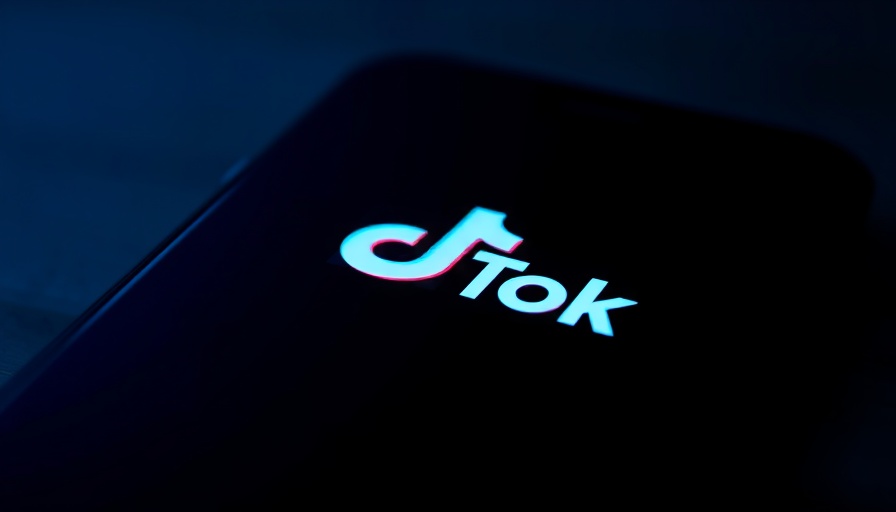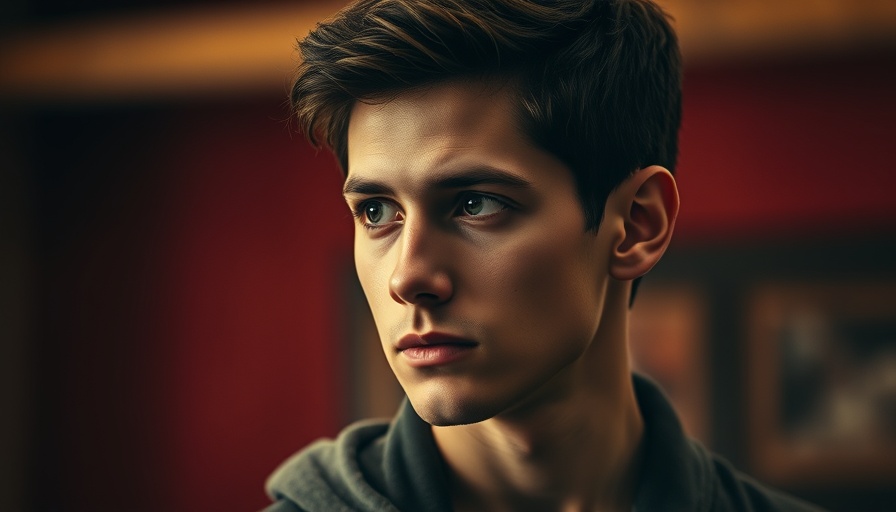
Is TikTok's Design Dangerous for Mental Health?
The social media landscape has transformed drastically in the last decade, with platforms like TikTok capturing the hearts of millions, especially the younger generation. However, concerns about the app's effects on mental health have led to serious legal repercussions. Attorneys general in 14 states and Washington, D.C., are now accusing TikTok of intentionally designing its app to keep users hooked at the cost of their well-being, particularly that of children and teens. This legal action not only highlights the potential risks of the platform but also stimulates a broader conversation about the responsibilities of tech companies.
Understanding the Allegations Against TikTok
The lawsuits paint TikTok as a company aware of the damaging effects its app can have on mental health. Evidence includes court-released recordings showing company employees discussing the app's toll on users, a revelation that raises eyebrows. Critics argue that TikTok’s algorithm has been engineered to maximize user engagement, which, while profitable, may inadvertently promote addictive behaviors, fueling anxiety, depression, and other mental health issues among vulnerable demographics.
The Bigger Picture: The Impact of Social Media on Mental Health
This class-action lawsuit against TikTok is not an isolated incident. Social media platforms like Facebook and Instagram have faced scrutiny regarding their impact on mental health as well. Research indicates a correlation between excessive social media use and increased feelings of isolation, anxiety, and depression among users, particularly adolescents. Considering that platforms often draw users into prolonged use through targeted content, the debate increasingly centers on ethical practices in the tech industry.
Future Insights: What Lies Ahead for TikTok and Its Users
As the legal battles unfold, the future trajectory of TikTok may be influenced significantly by the outcomes of these cases. If the courts find that the company was indeed negligent in prioritizing user engagement over mental health, this could prompt legislative changes and stricter regulations on social media design. Such changes could redefine not just TikTok but the entire social media landscape, potentially leading to features designed to limit screen time or enhance user well-being.
The Relevance of Local and Social Events
As discussions around TikTok's impact gain momentum, the conversation can also extend to local communities and events. For instance, the city of San Antonio can play a role in promoting mental wellness through various community activities. From engaging family fun to exciting nightlife options, events that encourage face-to-face connections can counterbalance the isolating effects of social media. San Antonio offers a vibrant entertainment scene, with options ranging from local concerts to art shows that bring the community together, showcasing the importance of social interaction in counteracting loneliness.
Call to Action: Be Part of the Solution
As we consider the implications of this legal action against TikTok, it’s essential to reflect on our own engagement with technology and social media. Communities, individuals, and families can collectively prioritize mental health by participating in local activities available throughout San Antonio. Whether visiting a comedy club or attending a live music event, engaging in meaningful interactions and supporting local talent can play a crucial role in fostering a healthier community dynamic. Seek out what’s happening this weekend and invest time in activities that are not just entertaining, but beneficial for mental wellness.
 Add Element
Add Element  Add Row
Add Row 



Write A Comment